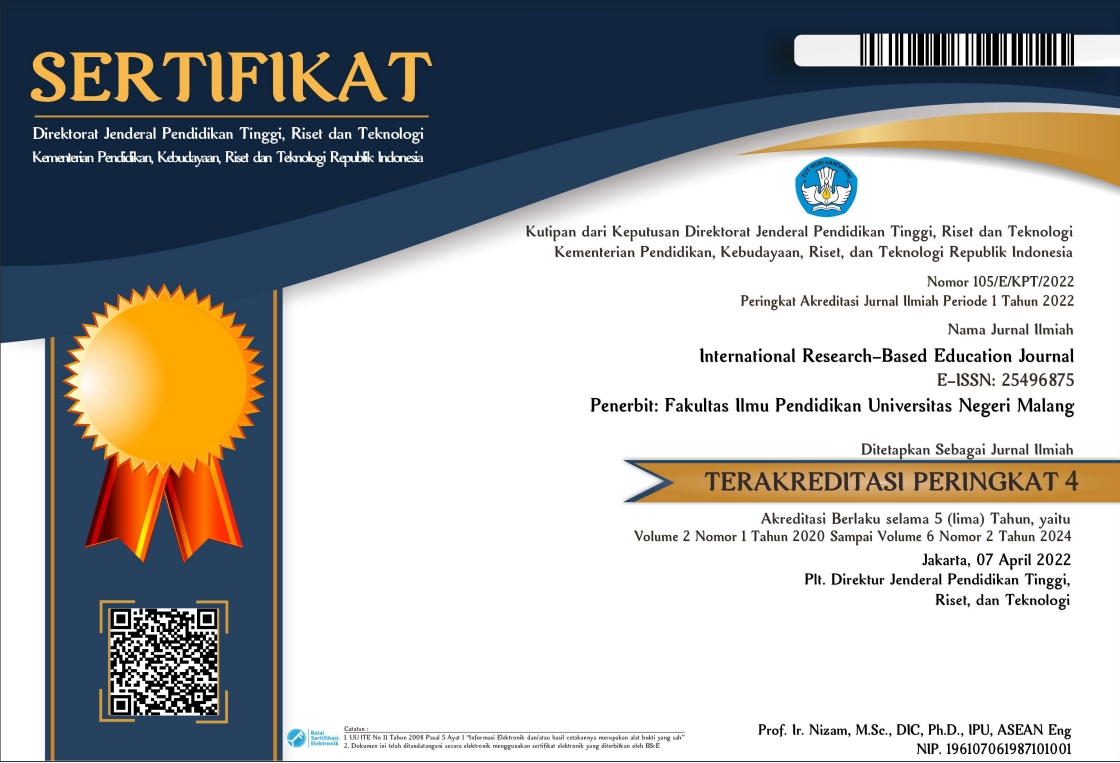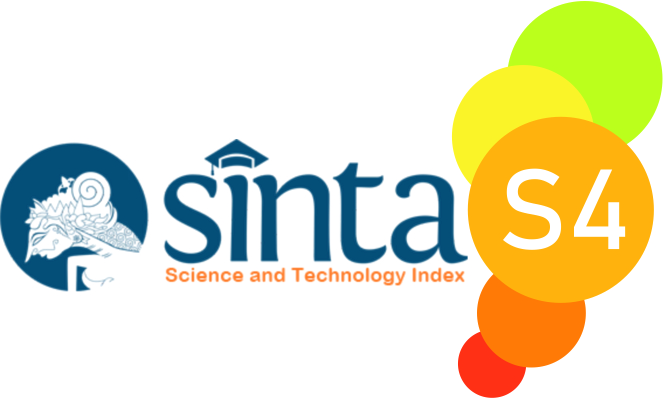Assessing the Implementation of Islamic Studies Curriculum in North-West Nigeria: A Critical Review
Abstract
The study is on the relevance of appropriate method in the implementation of the Islamic Studies curriculum in schools of Arabic and Islamic Studies in North-west Nigeria. It is a descriptive survey design with a population of one thousand three hundred and ninety-four (1,394) Islamic Studies teachers from the Senior Arabic and Islamic Studies schools in North-West Nigeria and with a sample of three hundred and six (306) Islamic Studies teachers. Purposive sampling technique was used in selecting the sample States for the study using multistage cluster sampling process where Katsina, Kano, Kaduna and Jigawa states due to fewer security challenges in the states compared to the remaining three States (Zamfara, Sokoto and Kebbi). The States were clustered according to zonal education offices where simple random sampling technique was used in selecting the schools and respondents from the clustered zones. The instrument used was developed by the researchers designed in four-point moderated Likert rating scale to suit the objective of the study. The study comprised of one research question and one hypothesis. The research question was answered by mean score while the hypothesis was analysed through the t-test statistics. The findings revealed that Islamic Studies teachers appropriately used suitable method in the implementation of the Islamic studies curriculum in the schools of Arabic and Islamic studies in North-West Nigeria. It is recommended that teachers in the schools of Arabic and Islamic Studies should maintain the use of learner - centred, demonstration and problem-solving approaches in the teaching and learning process because of their positive effects in teaching and learning process.
Keywords
Full Text:
PDFReferences
Abubakre, R.D. (2016). National Board for Arabic and Islamic Studies: The Journey so far. Retrieved from https://www.dailytrust.com.ng/national-board-for-arabic-and-islamic
Adeyemi, K.A., (2016). The Trend of Arabic and Islamic Education in Nigeria: Progress and Prospects. (6) 197-201. Retrieved from https://www.researchgate.net/publication/303852150
Anyasodo, B., & Ikonne, U. (2020). Eradicating teaching and learning malpractices: Challenges in Nigerian tertiary institutions. Nigerian Journal of Curriculum Studies Vol. 27 No.1 2020. ISSN: 0189-9465.
Badmus, S.S. (2017). Curriculum integration and Islamic studies in Nigeria: Problems and prospects. World Educators Forum, vol. 9 No. 1, July, 2017 ISSN: 2350 - 2401. Retrieved from https://globalacademicgroup.com/journals/world
Bediako, S. (2019). Models and concepts of curriculum implementation: Some definitions and influence of implementation. Retrieved from https://www.researchgate.net/publication/333338710
Dada, A.A. (2019). Curriculum theories and practice. PhD Course Guidelines, Department of Educational Foundations and Curriculum, Ahmadu Bello University, Zaria. Nigeria.
Danzaria, N., & Kangiwa, F.Y. (2018). Curriculum changes and pedagogy: The perspective of digital learning. Academic Journal of Research and Development (AJORAD) Vol.10, No2, 120 2018 ISSN: 1597-7978
Fafunwa, A. B. (2004). History of Education in Nigeria. Ibadan, Nigeria: Defemson print & pak limited.
Ilechukwu, L.C. (2014). Curriculum implementation in religious education in Nigeria. Journal of Education and Practice www.iiste.org ISSN 2222-1735 (Paper) ISSN 2222-288X (Online) Vol.5, No.31, 2014. Retrieved from https://www.iiste.org/Journals
Jikas, B.Y. (2015). Assessment of the implementation of Islamic studies curriculum in senior secondary schools in Jigawa state, Nigeria. Retrieved from http://kubanni.abu.edu.ng/jspui/bitstream/123456789/10123/1/assessment
National Board for Arabic and Islamic Studies /Nigerian Educational Research and Development Council. (2011). Senior Arabic and Islamic secondary school curriculum.
National Open University of Nigeria. (2012). EDU 931: Advanced curriculum theory. Retrieved from www.nou.edu.ng
National Open University of Nigeria. (2014). EDU 233: General Teaching
Methods Retrieved from https://www.nou.edu.ng/coursewarecontent/EDU%20233.pdf
Nigerian Educational Research and Development Council. (2012). Teachers’ guide for the revised 9-Year Basic Education Curriculum (BEC) – Religion and National Values Islamic studies. Lagos, Nigeria. NERDC Printing Press.
Nyaga, G. (2010). Curriculum studies. Retrieved from http://oer.avu.org/bitstream/handle/123456789/73/
Offorma, G.C. (2009). Curriculum implementation in distance learning. 196-203. Retrieved from https://www.researchgate.net/profile/Grace_Offorma/publication/280722733
Offorma, G.C. (2015). Approaches to Curriculum Development. 77-92. Retrieved from https://www.researchgate.net/publication/280554159
Ogar, & Aniefiok. (2012). The challenges of curriculum implementation in Nigeria teacher education. Journal of Education and Practice ISSN 2222-1735 (Paper) ISSN 2222-288X (Online) Vol 3, No 15, 2012 128. Retrieved from www.iiste.org
Sikaleya, G. (n.d). 50 Methods of Teaching. Retrieved from
https://www.academia.edu/37647330/50_Methods_of_teaching_pdf
DOI: http://dx.doi.org/10.17977/um043v6i2p187-198
Refbacks
- There are currently no refbacks.

This work is licensed under a Creative Commons Attribution-NonCommercial-ShareAlike 4.0 International License.










1.png)


